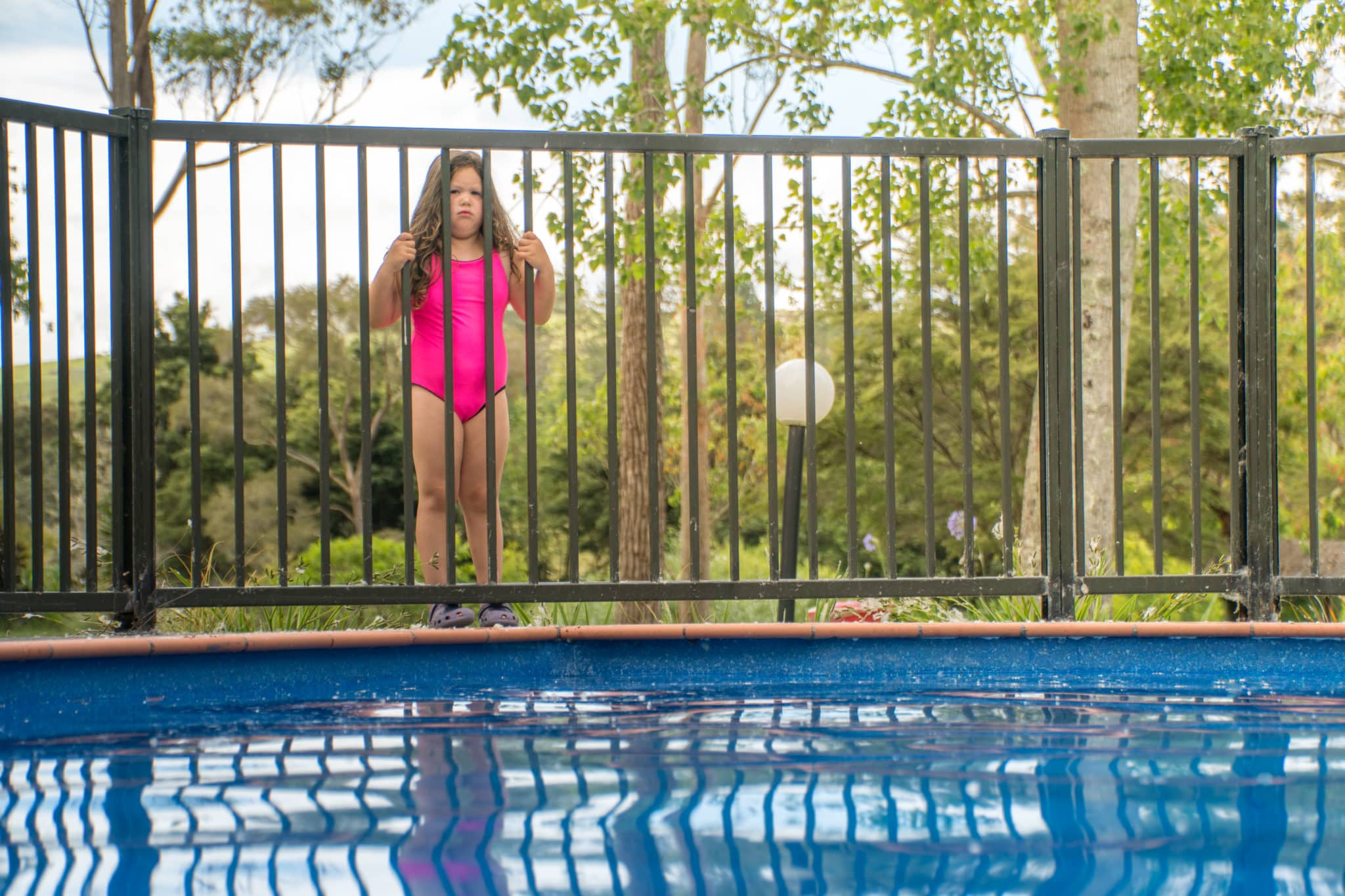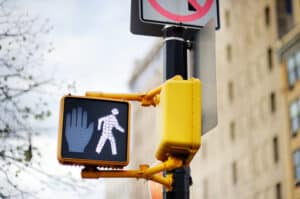
Children are naturally curious about their surroundings and can be harmed by what the law considers to be an “Attractive Nuisance.” Under Georgia law, any feature that could (a) draw the interest of a child and (b) potentially harm them is known as an attractive nuisance. The perfect example is a swimming pool. If a landowner fails to take appropriate steps to protect the public from this hazard, they could be liable for any injuries suffered by a child.
The combination of a child’s natural curiosity and the inability to identify potential hazards can be a recipe for disaster when a child is looking for a place to play and comes across a dangerous feature on another person’s property. If your child is injured due to an attractive nuisance in Georgia, you may be entitled to recover for your child’s medical bills. If your child dies after encountering an attractive nuisance, we can help you understand the challenges that are involved with bringing a wrongful death claim for the loss of a child.
Attractive Nuisance Liability in Georgia
For a landowner to be liable under the Attractive Nuisance theory, a few things must be proven. After all, not every nuisance is attractive and not every injury was feasibly preventable. A landowner is liable under the Attractive Nuisance theory if:
- There is a dangerous condition on their property;
- The hazardous condition was likely to attract young children;
- A child, incapable of understanding the danger due to their age, was injured by the condition;
- The landowner failed to take steps to guard against the injury; and
- That preventing access to the condition or rendering it harmless was feasible without obstructing its intended purpose.
See Gregory v. Johnson, 249 Ga. 151, 154-155 (1982). In other words, a landowner owes a duty to any child that might be injured by a condition on their property that is attractive to the child. This is the case as long as it was feasible for the landowner to prevent access to the condition or render it harmless without obstructing the condition’s purpose. For example, an oil pump that might appear to a child as a teeter-totter may not be rendered entirely safe without affecting its ability to pump oil.
If all of the conditions described above are met, the landowner may be found liable for the injuries of the child. It is important to note that the duty owed to a child in these circumstances is much higher than that owed to an adult trespasser. In many cases, a landowner may be liable to a trespassing child for a dangerous condition but liability would not lie for injuries to a trespassing adult in the same situation. These nuisances can be either privately owned or public property.
Examples of Attractive Nuisances
Every premises liability case is different. However, there are a variety of examples that come up frequently in Attractive Nuisance lawsuits. Here are some of the most common examples of an attractive nuisance:
- Railroad turntables
- Empty swimming pools
- Construction sites
- Wells
- Power lines
- Man-made fountains
- Abandoned cars
- Farm equipment
These are only a few of the possible Attractive Nuisances that are common in Georgia. In many of these examples, the circumstances in each case could affect whether Attractive Nuisance liability applies. For example, farm equipment that was storable inside secure fencing might be an attractive nuisance, while equipment at a location where fencing is impossible may not qualify.
Premises Liability Attorney in Georgia
Every Attractive Nuisance case is different and will require extensive research and investigation. If your child or loved one suffered an injury on the property of another, it is possible that the property owner is liable for their damages. To discuss your options with an experienced premises liability attorney, contact us today at 833-LEGALGA.






